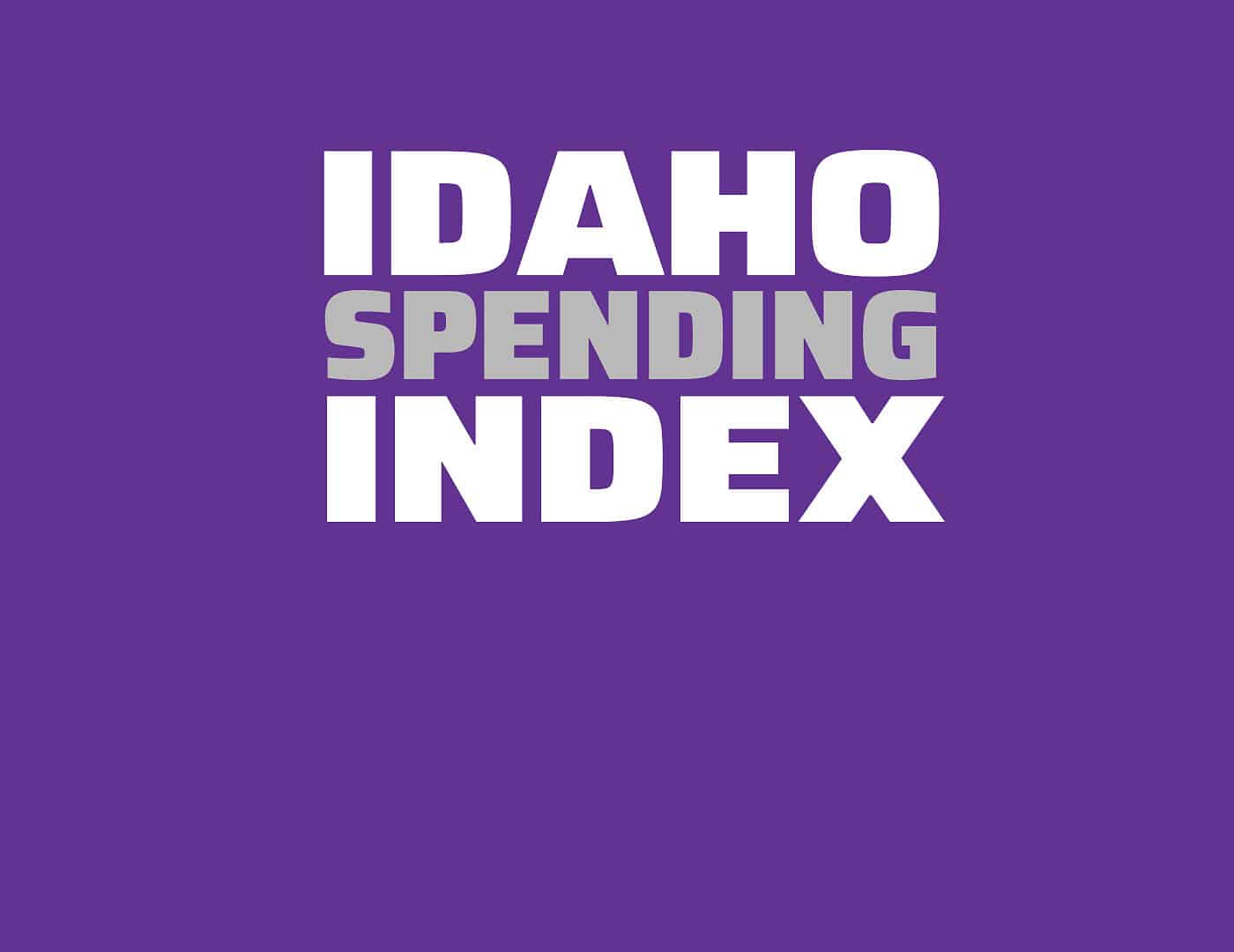


The Idaho Spending Index serves to provide a fiscally conservative perspective on state budgeting while providing an unbiased measurement of how Idaho lawmakers apply these values to their voting behavior on appropriations bills. Each bill is analyzed within the context of the metrics below. They receive one (+1) point for each metric that is satisfied by freedom-focused policymaking and lose one (-1) point for each instance in which the inverse is true. The sum of these points composes the score for the bill.
Analyst: Niklas Kleinworth
Rating: -1
Bill Description: Senate Bill 1175 appropriates $177,951,900 and 613.50 full-time positions to the DHW Division of Welfare for fiscal year 2024.
Does this budget enact powers and activities that extend beyond the proper role of government? Conversely, does this budget fulfill the proper role of government?
Senate Bill 1175 provides $624,000 in additional federal funding to support The Emergency Food Assistance Program — also known as TEFAP. This is a program that would grant trustee and benefit payments to Idaho farmers to provide additional food products to food pantries. This is a one-time expenditure from the Federal Cooperative Welfare Fund.
The agency itself administers many federal entitlement programs like the federal Supplemental Nutrition Assistance Program and Temporary Assistance for Needy Families. Ironically, the Idaho Department of Health and Welfare is rebranding the Division of Welfare as the Division of “Self-Reliance.” However, dependence on government programs on the part of beneficiaries or non-profit contractors is counter to the concept of self-reliance; especially being that none of these programs are designed to help people get off government assistance. These programs and divisions clearly extend beyond the proper role of government.
(-1)
Is the maintenance budget inappropriate for the needs of the state, the size of the agency, or the inflationary environment of the economy? Conversely, is the maintenance budget appropriate given the needs of the state and economic pressures?
This legislation sets the maintenance budget for the Division of Welfare at $176,775,800, only growing from the base by 6.2% over the last three years. This rate is much slower than the rate of inflation over the same period, demonstrating modest growth in the cost to maintain the agency.
(+1)
Does this budget perpetuate or expand state dependence on federal dollars, thereby violating principles of federalism? Conversely, does this budget actively reduce the amount of federal dollars used to balance this budget?
Senate Bill 1175 seeks to provide nearly $127 million in federal funding to the Division of Welfare — constituting more than 70% of the agency’s total budget. This funding is sourced from the Federal Cooperative Welfare fund to offer government assistance programs and entitlements throughout the state. This demonstrates a substantial amount of federal dependency to sustain the agency’s programs.
(-1)


